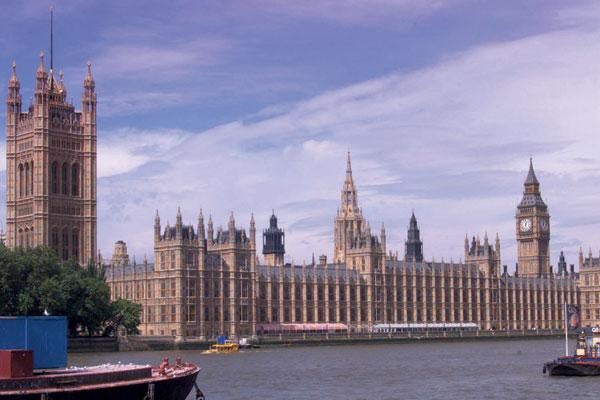
The House of Commons has asked the High Court to block an “unlawfully intrusive” decision to force disclosure of MPs’ expenses.
The unprecedented legal challenge is against the Information Tribunal’s ruling that a detailed breakdown of their additional costs allowances (ACA) must be provided under the Freedom of Information Act. The tribunal ruling followed FoI requests and challenges by journalists Heather Brooke, Ben Leapman and Jonathan Ungoed-Thomas.
The Commons is also arguing that there are special security reasons why the Tribunal was wrong to require the disclosure of MPs’ addresses
ACAs cover the costs incurred when an MP stays away from home while performing parliamentary duties, including the cost of running second homes and general household expenditure.
The Information Tribunal ruled in February that the Commons authorities must provide a detailed breakdown of the ACAs of 14 named MPs, including party leaders Gordon Brown, David Cameron and Nick Clegg.
MPs have come under sustained criticism in recent months following the publication of the “John Lewis list” of household items they can purchase under their £23,000-a-year second homes allowance.
The list includes £10,000 kitchens and £6,000 bathrooms.
Nigel Giffin QC, appearing for the Commons, told the High Court that the Tribunal’s decision, which requires breakdowns to include receipts and the addresses of properties bought, meant there would be “a substantial intrusion” into the lives of MPs and their families.
He argued the Tribunal had taken a legally flawed approach by not giving weight to the “legitimate expectation” of MPs that there would be no detailed breakdown of their expenses, or release of their home addresses, into the public domain.
Giffin stressed the addresses issue was particularly of “considerable concern” to MPs.
The High Court challenge, expected to cost more than £100,000, was instigated by a Commons committee chaired by Speaker Michael Martin.
Giffin said that, in December 2002, the Speaker advised MPs that he had received legal advice that the Commons should publish “the total sum” for each allowance.
The Speaker said that would meet Freedom of Information Act (FoI) obligations and provide “transparency and accountability whilst respecting the reasonable personal privacy of Members and their staff”.
Giffin said the Tribunal had “erred in law” by not taking into account MPs’ “reasonable expectations”, based on what the Speaker had said, that detailed breakdowns would not be disclosed.
He argued that such disclosure would be contrary to the data protection principles set out in the 1998 Data Protection Act.
The hearingwas before Sir Igor Judge (President of the Queen’s Bench Family Division), sitting with Lord Justice Latham and Mr Justice Blake.
Asked by Sir Igor why one or more of the 14 MPs might not want details of expenditure to be revealed if a claim was being made for a legitimate expense, Giffin said: “They might simply not want the wider world to know the details of how they were furnishing their home in some particular respect.”
On the issues of addresses, Giffin said MPs might attract the attentions of “the mad and the bad” by the very nature of their work.
Hugh Tomlinson QC, for three representative information seekers – Heather Brooke, Ben Leapman and Jonathan Ungoed-Thomas – argued that MPs’ addresses were relevant in some situations for the purpose of transparency and accountability.
For instance, the Tribunal had been referred to the case of an MP who claimed £100,000 for a property that did not exist. Following that case, no reforms were introduced to ensure the House of Commons checked to find out if addresses existed.
And there were instances of MPs “juggling” their first and second homes in order to claim expenses. Apparently no questions were asked.
There was also the issue of MPs letting out rooms in premises which they claimed were exclusively necessary for their parliamentary duties.
The argument that a person’s address was a piece of core private information was simply not right, Tomlinson said.
“A person’s address is, by and large, never confidential because it will be known to many people in general, including neighbours and those who make deliveries,” he said.
No evidence was produced, by the House of Commons security advisers or anyone else to suggest that disclosure of an address had resulted in an MP being targeted by extremists or stalkers.
In the absence of any issue of law arising from the tribunal’s decision, the court should dismiss the House’s appeal, said Tomlinson.
The judges reserved judgment.
Email pged@pressgazette.co.uk to point out mistakes, provide story tips or send in a letter for publication on our "Letters Page" blog
